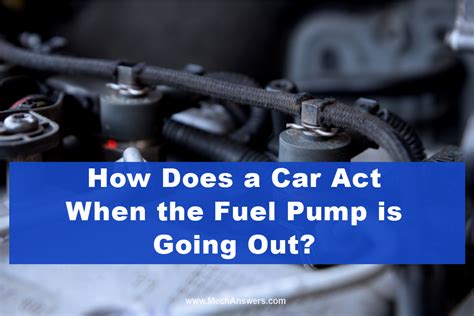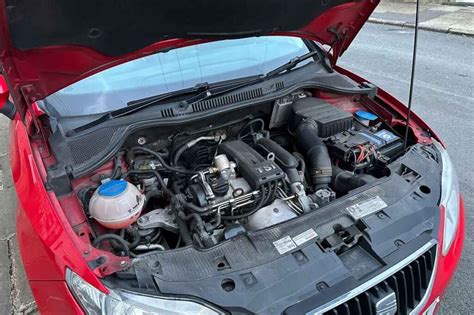The Hidden Dangers of Running on Empty
It’s a common habit for many drivers: waiting until the fuel light blazes fiercely before heading to the gas station. While it might seem like a harmless practice to push your car’s limits, regularly driving with a near-empty fuel tank can quietly inflict significant damage on one of your vehicle’s most vital components: the fuel pump.
The fuel pump is responsible for drawing gasoline from the tank and delivering it to the engine at the correct pressure. It’s a hardworking component, and its proper functioning is critical for your car’s performance and reliability.
Fuel Pump: The Heart of Your Car’s Fuel System
Most modern fuel pumps are electric and located inside the fuel tank itself, often submerged in gasoline. This placement isn’t arbitrary; it serves a crucial dual purpose for the pump’s longevity and performance.
Why Low Fuel is a Problem
Loss of Cooling and Lubrication
The primary reason low fuel harms the pump is directly related to its design. The gasoline surrounding the fuel pump acts as a coolant, dissipating the heat generated by the pump’s electric motor. It also provides essential lubrication for its moving parts. When the fuel level drops significantly, the pump is no longer fully submerged.
This exposure means the pump has to work harder without the benefit of consistent cooling. Over time, this increased heat and lack of lubrication can cause components to wear out prematurely, leading to overheating, increased friction, and eventual failure.
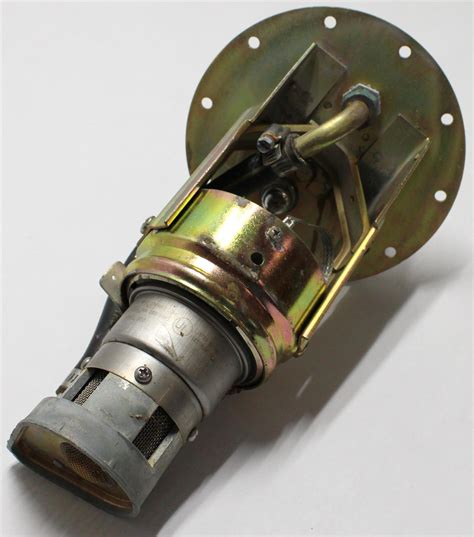
Sucking Up Sediment and Contaminants
Another significant risk of running on low fuel is the increased likelihood of the pump drawing in sediment and debris from the bottom of the fuel tank. Over years of operation, tiny particles and contaminants can settle at the tank’s base. While fuel filters are designed to catch these, a pump struggling to draw fuel from the very bottom of the tank is more prone to sucking up these heavier particles, which can clog the filter faster or even damage the pump itself.
Signs of a Struggling Fuel Pump
If your fuel pump is starting to fail due to consistent low-fuel stress, you might notice several warning signs. These include a whining noise coming from the fuel tank area, difficulty starting the car, engine sputtering or stalling, a noticeable loss of power, or a decrease in fuel efficiency. Ignoring these symptoms can leave you stranded.
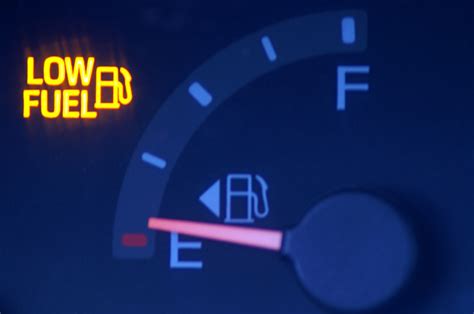
Protecting Your Fuel Pump: Best Practices
Fortunately, preventing fuel pump damage is straightforward and involves simple adjustments to your driving habits:
- Keep Your Tank At Least a Quarter Full: The simplest and most effective measure. Maintaining at least a quarter tank of fuel ensures the pump remains submerged, adequately cooled, and lubricated.
- Avoid Running on Empty: Make it a habit to refuel before your fuel gauge drops below the quarter-tank mark.
- Regular Maintenance: Follow your car manufacturer’s recommended maintenance schedule, which often includes checking or replacing the fuel filter. A clean fuel filter helps protect the pump from contaminants.
- Use Quality Fuel: While not directly related to low fuel levels, using reputable fuel helps reduce the accumulation of sediment in your tank.
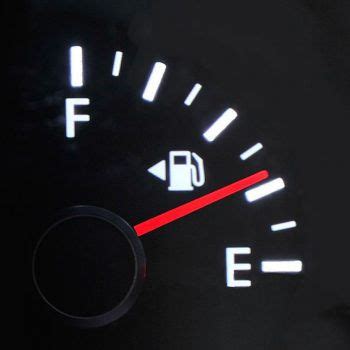
The Long-Term Cost of Neglect
Replacing a fuel pump is not a minor repair. It can be a labor-intensive job, especially if the pump is located deep within the fuel tank, requiring significant disassembly. The cost of parts and labor can quickly add up, easily reaching several hundred dollars or more. This makes the few extra dollars spent on keeping your tank adequately filled a very wise investment compared to the potential repair bill.
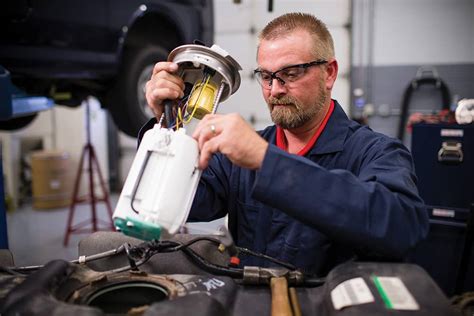
Conclusion: Don’t Skimp on Fuel
While a modern car’s low fuel light serves as a helpful reminder, it’s not an invitation to push your luck. Regularly driving with low fuel stresses your car’s fuel pump, compromising its lifespan and potentially leading to inconvenient and expensive repairs. By simply maintaining a sensible fuel level, you can help ensure your fuel pump operates efficiently for years to come, keeping your car running smoothly and reliably.
